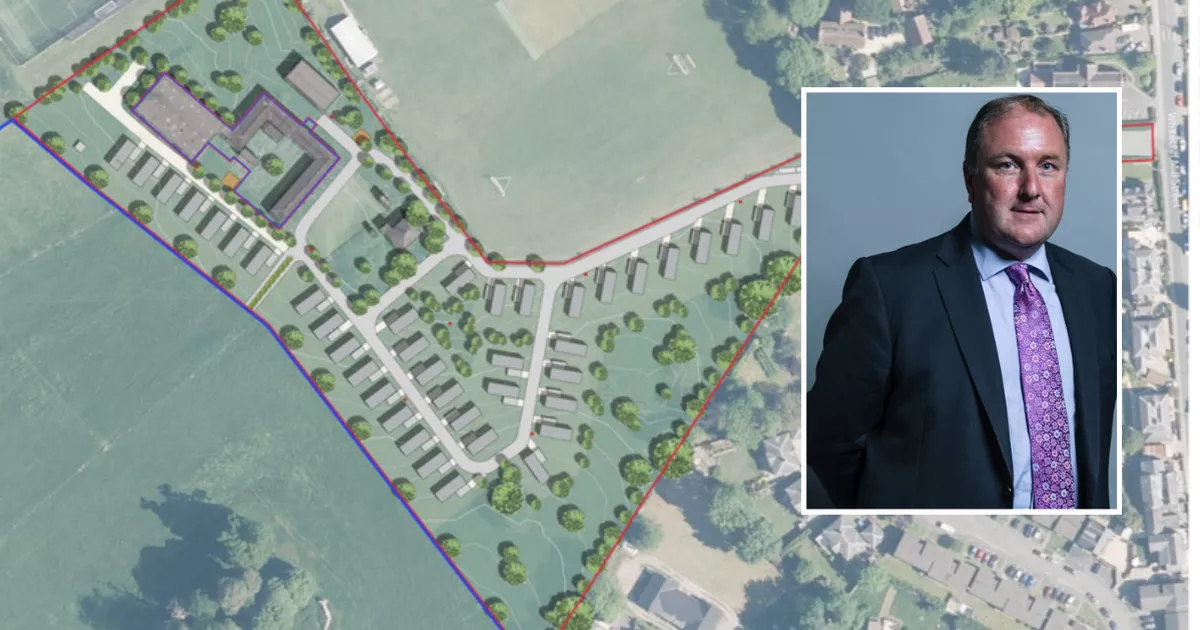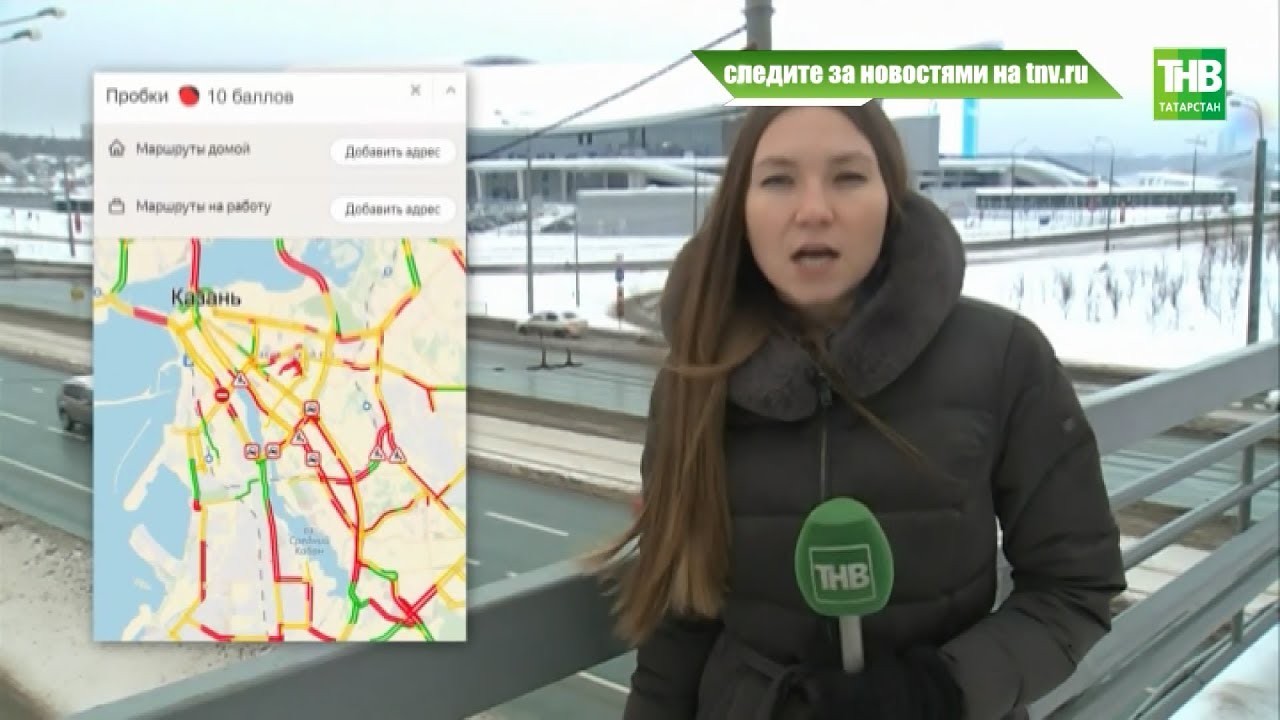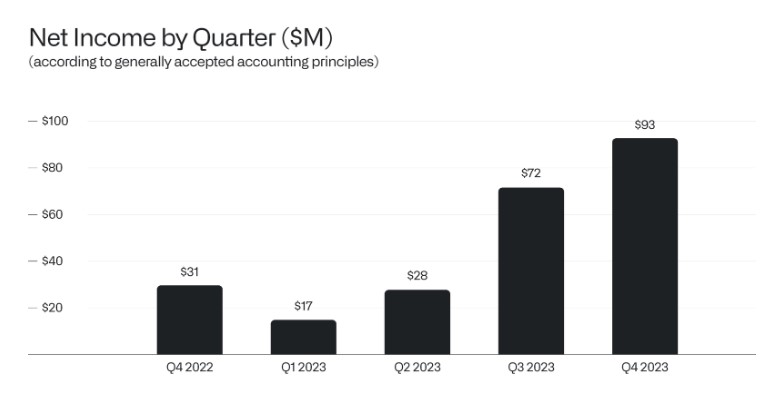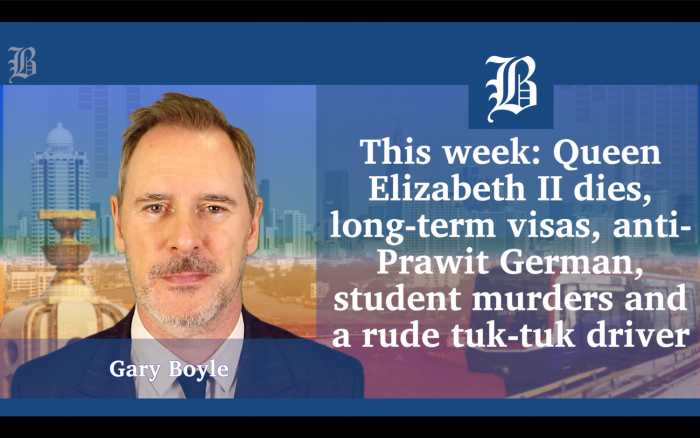UK City's Transformation: Caravan Sites And Growing Ghetto Concerns

Table of Contents
The Rise of Caravan Sites in UK Cities
The surge in caravan site numbers across numerous UK cities is a complex phenomenon driven by a confluence of economic and planning factors.
Economic Factors Driving the Expansion
-
Affordable Housing Crisis: The UK faces a severe affordable housing shortage. Skyrocketing rents and house prices are forcing many low-income individuals and families into cheaper, albeit often substandard, housing options like caravan sites. This includes vulnerable groups like the elderly, single parents, and those with disabilities. The lack of affordable homes is a key driver pushing people towards temporary and often unsuitable living situations.
-
Increase in Transient Populations: The growth of the gig economy and seasonal employment has contributed to a rise in transient populations. Migrant workers and those in temporary jobs often require flexible, short-term accommodation, making caravan sites an attractive, if imperfect, solution. This fluctuating population can strain local resources and make community integration more challenging.
-
Planning Permission Loopholes: Some argue that existing planning regulations and enforcement are inadequate. Loopholes and a lack of clear guidelines regarding caravan site development may inadvertently contribute to their expansion in unsuitable locations, exacerbating existing social issues. This highlights a critical need for updated and more effectively enforced planning laws.
Geographical Distribution and Impact
The concentration of caravan sites is not evenly distributed. Often, they cluster in areas already experiencing social and economic deprivation.
-
Concentration in Specific Areas: Many caravan sites are located on the outskirts of cities, often in areas with already weak infrastructure and limited access to services. This concentration can further marginalize these communities.
-
Impact on Surrounding Property Values: The presence of a large number of caravan sites can negatively impact the value of neighboring properties, creating a cycle of decline in these areas. This can lead to further disinvestment and social problems.
-
Accessibility to Amenities and Services: Residents of caravan sites often face significant challenges in accessing essential services. This includes difficulties accessing healthcare, education, and public transportation, further isolating them from the wider community. This creates further inequalities and reinforces feelings of marginalization.
Growing Ghetto Concerns and Social Implications
The rapid expansion of caravan sites in certain areas has led to rising concerns about the creation of new marginalized communities.
Increased Crime Rates and Anti-Social Behaviour
While correlation doesn't equal causation, anecdotal evidence and some local reports suggest a link between increased caravan site populations and rises in crime rates or anti-social behaviour in surrounding areas.
-
Statistical Evidence: Further research is needed to establish a definitive statistical link between caravan site density and crime rates, factoring in other socioeconomic variables. More robust data collection is crucial.
-
Community Perceptions: Local residents often express anxieties about safety and security linked to the presence of large caravan sites. These perceptions, whether accurate or not, significantly impact community cohesion and well-being.
-
Lack of Integration: The transient nature of some caravan site populations and potential language barriers can hinder integration with the wider community, creating social divisions and exacerbating feelings of alienation.
Impact on Infrastructure and Public Services
The influx of residents into caravan sites can strain local infrastructure and public services.
-
Strain on Local Resources: Increased population density places a burden on schools, hospitals, waste management systems, and other essential services. This can lead to overcrowding and a reduction in the quality of services for all residents.
-
Environmental Concerns: Improper waste disposal and the potential for environmental damage due to the concentration of caravan sites in certain areas are significant concerns. Sustainable practices and robust environmental regulations are needed.
-
Public Health Implications: Living conditions in some caravan sites may raise public health concerns, particularly regarding sanitation and access to healthcare. Improved regulations and support are vital to ensure adequate living standards.
Potential Solutions and Future Planning
Addressing the complex issue of caravan site expansion requires a multi-pronged approach focused on both immediate and long-term solutions.
Addressing the Housing Crisis
Tackling the underlying issue of the affordable housing crisis is paramount.
-
Investing in Affordable Housing: Increased government investment in affordable housing initiatives is crucial. This includes building more social housing units and supporting schemes that provide affordable rental options.
-
Improving Social Housing Provision: Improving the quality and accessibility of social housing is essential. This involves tackling issues such as waiting lists, ensuring adequate maintenance, and promoting social inclusion within social housing communities.
-
Supporting Community-Led Initiatives: Empowering community organisations to provide support and resources to residents of caravan sites can play a critical role in fostering integration and improving living conditions.
Improved Planning and Regulation
Strengthening planning regulations and enforcement is vital.
-
Stricter Planning Regulations: Implementing stricter planning regulations for caravan sites, including limitations on location and size, is essential. This should include environmental impact assessments and consultation with local communities.
-
Increased Enforcement: Effective enforcement of existing regulations is crucial to prevent the uncontrolled growth of caravan sites in unsuitable locations.
-
Community Engagement: Involving local communities in planning decisions related to caravan site development is vital to ensure their concerns are addressed and to promote social cohesion.
Conclusion: Addressing the Transformation of UK Cities
The rise of caravan sites in UK cities is intricately linked to the affordable housing crisis and has far-reaching social and economic implications. The potential for the creation of marginalized communities, coupled with strains on public services and infrastructure, necessitates a comprehensive and integrated approach. Addressing the affordable housing shortage through increased investment, improving planning regulations and enforcement, and fostering community engagement are key to preventing the further ghettoization of UK cities and improving the quality of life for all residents. We must move beyond simply reacting to the problem and adopt proactive strategies for sustainable urban development. Let's engage in a constructive dialogue about Caravan Site Development, Ghettoization in UK Cities, and explore effective Affordable Housing Solutions in the UK to create inclusive and thriving communities.

Featured Posts
-
 Zakrytie Aeroporta Permi Iz Za Snegopada Do 4 00
May 09, 2025
Zakrytie Aeroporta Permi Iz Za Snegopada Do 4 00
May 09, 2025 -
 Beyonces Concert Fuels Cowboy Carters Streaming Numbers
May 09, 2025
Beyonces Concert Fuels Cowboy Carters Streaming Numbers
May 09, 2025 -
 Golden Knights Defeat Blue Jackets Hills 27 Saves Secure The Win
May 09, 2025
Golden Knights Defeat Blue Jackets Hills 27 Saves Secure The Win
May 09, 2025 -
 Should You Buy Palantir Stock Before May 5th Wall Streets Surprising Consensus
May 09, 2025
Should You Buy Palantir Stock Before May 5th Wall Streets Surprising Consensus
May 09, 2025 -
 Celebrity Antiques Road Trip Impact And Legacy Of The Show
May 09, 2025
Celebrity Antiques Road Trip Impact And Legacy Of The Show
May 09, 2025
Latest Posts
-
 News From The Bangkok Post The Push For Better Transgender Rights
May 10, 2025
News From The Bangkok Post The Push For Better Transgender Rights
May 10, 2025 -
 The Bangkok Post And The Ongoing Struggle For Transgender Equality
May 10, 2025
The Bangkok Post And The Ongoing Struggle For Transgender Equality
May 10, 2025 -
 The Impact Of Trumps Executive Orders On The Transgender Community A Call For Stories
May 10, 2025
The Impact Of Trumps Executive Orders On The Transgender Community A Call For Stories
May 10, 2025 -
 Examining Transgender Equality Issues Highlighted By The Bangkok Post
May 10, 2025
Examining Transgender Equality Issues Highlighted By The Bangkok Post
May 10, 2025 -
 The Bangkok Post And The Fight For Transgender Equality In Thailand
May 10, 2025
The Bangkok Post And The Fight For Transgender Equality In Thailand
May 10, 2025
